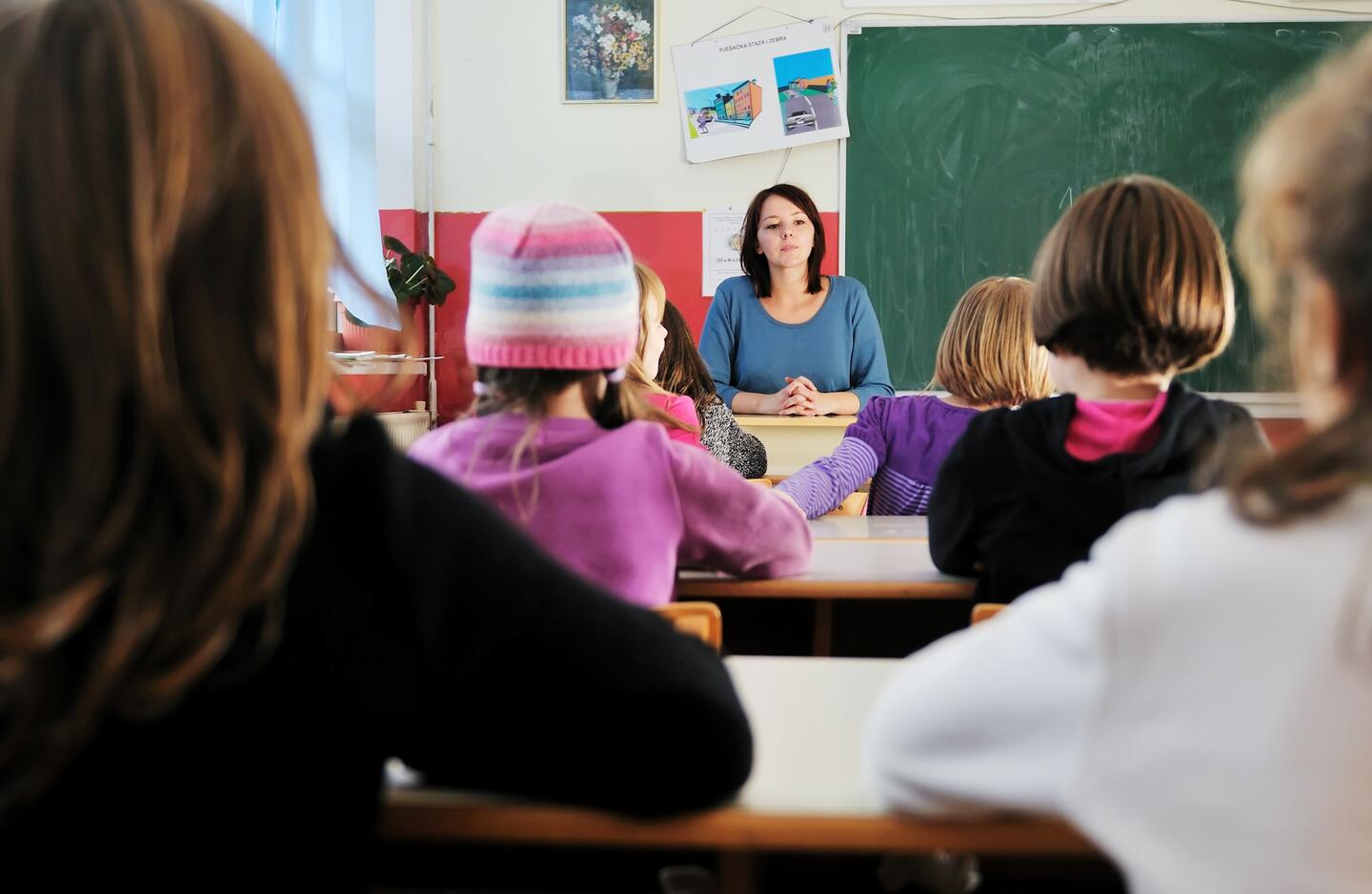Key information about the programme
- 1. The programme is operated by: The Government Office for Development and European Cohesion Policy -Slovenia (SI).
- 2. The Donor Programme Partners in this programme are: The Directorate for Higher Education and Skills (HK-DIR NO), National Agency for International Education Affairs (AIBA LI).
- 3. The programme objective is: Enhanced human capital and knowledge base.
- 4. The programme funding amounts to €13,5 million and is funded both by the EEA and Norway Grants.
Why is the programme needed?
With a low rate of early school leaving (4.9 % in 2016) and high share of tertiary attainment (44.2 % in 2016), Slovenia has a highly educated population and has already met its national targets under the Europe 2020 strategy. Despite these achievements, there is room for improving the relevance and quality of education.
The programme will primarily address challenges and needs related to developing the knowledge and skills for a high quality of life and work, the objective set by the Slovenian Development Strategy 2030. Learning for and through life is the central strategic orientation of the strategy. An effective and high-quality education system designed to prepare individuals for successful work and life and participation in society is the basic condition for a competitive economy and social wellbeing. Today structural discrepancies remain between the workforce supply and demand, which result from gaps between the acquired knowledge and skills and the various needs of employers. The transition from education to work is also more challenging due to weak connection with the world of work during education, especially in general secondary and tertiary education, while re-introduction of apprenticeships in vocational education is underway.
While there is no definite answer to what skills are most essential for economic and social success in the future, it is likely that people will need to develop a portfolio of cognitive, socio-emotional and discipline-specific skills that equip them to learn throughout life, interact effectively with others, and solve complex problems. The Slovenia 2030 strategy set directions in treating lifelong learning and training as values that improve creativity, innovativeness, critical thinking, responsibility and entrepreneurship in educational programmes at all levels, in developing knowledge for skills and work and promoting the concepts of sustainable development, active citizenship and ethicality as educational principles. Further, it aims at ensuring efficiency and quality at all levels of education, at encouraging marginalised groups to participate in education and learning to ease transition onto and survival in the labour market, reducing the risk of social exclusion, and at promoting the development of science and research and linking the education system to economy.
In order to address above, Slovenia needs to empower and equip teachers and trainers, non-teaching staff and policy makers at all levels of formal and informal education with competencies to apply teaching models and practices that will effectively support learners in developing 21st century skills. Motivating students to effectively engage in learning requires a creation of safe, open and innovative, creative and student-centred learning environment. The Ministry of Education, Science and Sport already commenced several initiatives through European Social Fund aiming at building competencies of educators, e.g. in ensuring safe learning environment, raising digital competencies of teachers and introducing innovative and flexible learning approaches in education. Integration of transversal skills in education processes and multiplication of good practices across education and training institutions should be further enhanced.
What will the programme achieve and who are the beneficiaries?
The aforementioned challenges will be addressed through the following outcomes: 1) Improved institutional cooperation at all levels of formal and informal education, focusing on skills and competencies for work and life in 21st century, 2) Improved skills and competencies of students and staff involved in mobility and institutional cooperation between Slovenia and Donor States, 3) Improved support environment for disadvantaged groups, 4) Improved work-life balance, 5) Improved skills for good governance and cooperation in the provision of child victim services.
How will the programme strengthen bilateral relations?
On Programme level the ambition is to strengthen bilateral relations between Norway and Croatia in Bilateral cooperation with the Donor States is an inherent component of the entire programme and shall be addressed in projects contributing to all programme outcomes. Project partners in Donor States will cooperate in the joint development of intellectual outputs, sharing of good practices, exchange visits, trainings, conferences and mobilities. Bilateral cooperation will be strengthened through institutional cooperation and mobility projects under Outcomes 1 and 2. Small project partnerships (Outcome 2) should also seek to provide a basis for follow-up activities through large projects. Sharing of good practices and approaches in addressing specific challenges or support in the development of new services will be encouraged under Outcomes 3 and 4.
Bilateral partnerships to be developed under outcomes 1, 3 and 4 will also be encouraged in a way that in the selection process additional points could be allocated to project applicants who will register projects with partners from Norway.
Availability of funding through open calls
There are currently no open calls in the programme.
